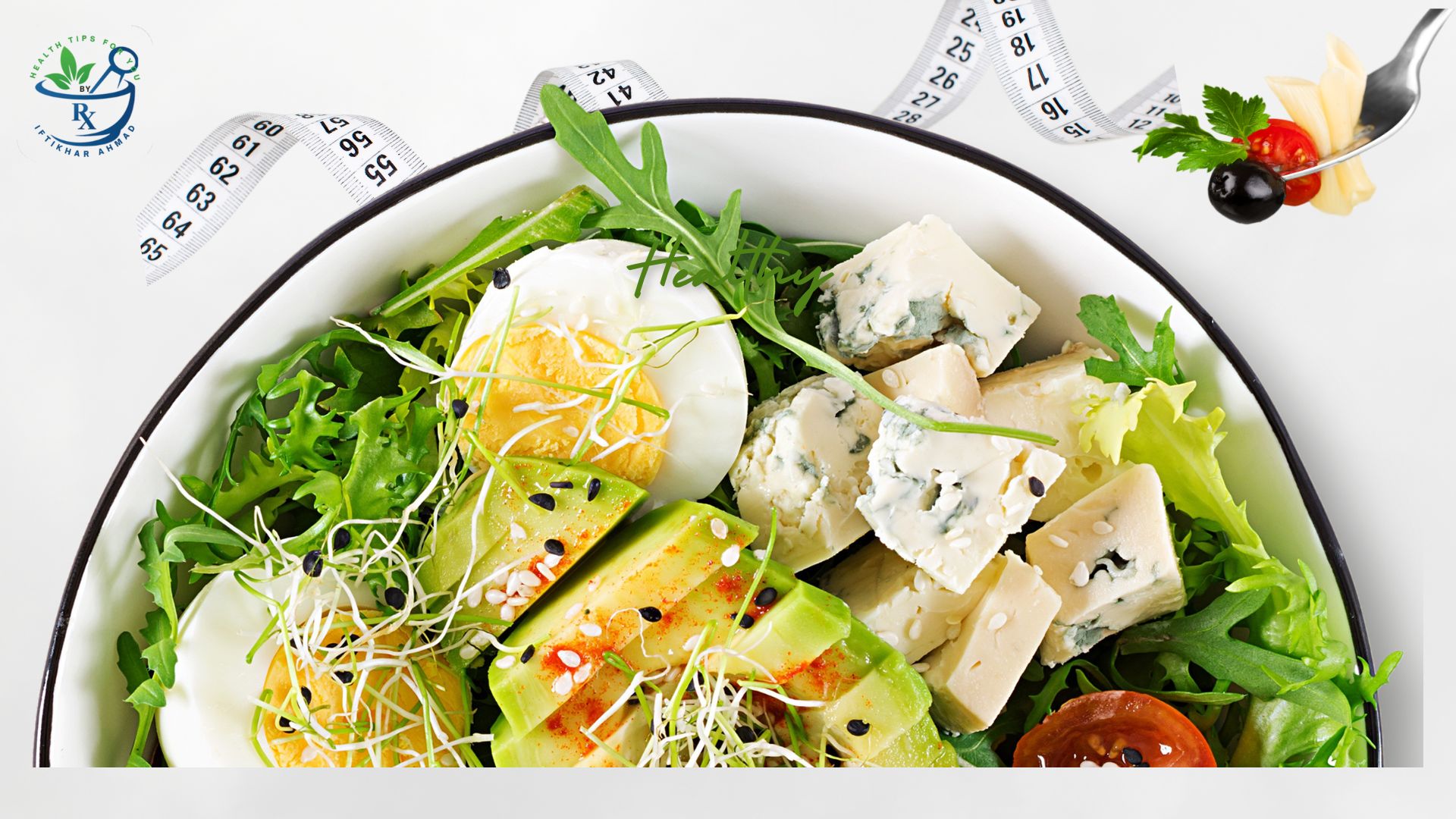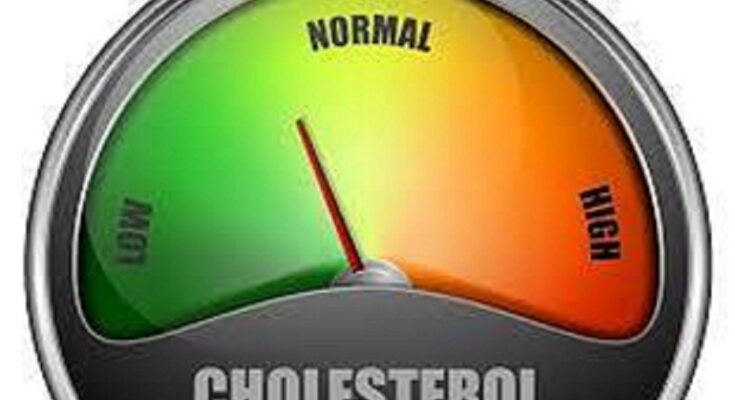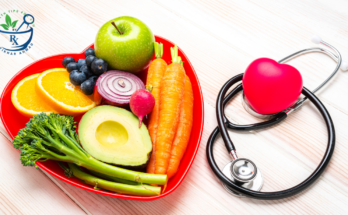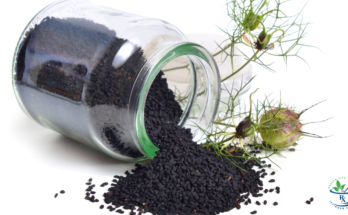In our rapidly evolving society, where convenience often takes precedence over health considerations, the prevalence of high cholesterol has become a significant concern. Elevated cholesterol levels pose a substantial risk of heart disease and stroke, emphasizing the necessity for proactive measures to address this issue. Fortunately, a considerable portion of the battle against high cholesterol can be waged through dietary modifications. As dedicated healthcare professionals with expertise in nutrition, we are committed to empowering individuals to take control of their health by making well-informed dietary choices. Let’s explore into the dietary modification of high cholesterol tailored specifically for managing high cholesterol levels, providing actionable insights for promoting optimal heart health.
What is Cholesterol
Cholesterol, a lipid-like substance, plays a crucial role in cellular membrane construction, hormone synthesis, and digestion facilitation. However, elevated levels of specific cholesterol types, particularly low-density lipoprotein (LDL) cholesterol, can lead to arterial plaque buildup, thereby heightening the risk of heart disease and stroke. Conversely, high-density lipoprotein (HDL) cholesterol, often referred to as “good” cholesterol, aids in the removal of LDL cholesterol from the bloodstream, mitigating the risk of arterial blockages.
Strategies for Lowering Cholesterol Through Diet
Prioritize Heart-Healthy Fats:
Not all fats are created equal. While saturated and trans fats can elevate LDL cholesterol levels, unsaturated fats—specifically monounsaturated and polyunsaturated fats—exert a cholesterol-lowering effect. Incorporating sources of healthy fats such as avocados, nuts, seeds, and olive oil into your diet can contribute to improved cholesterol profiles.
Increase Soluble Fiber Consumption:
Soluble fiber binds with cholesterol in the digestive tract, impeding its absorption into the bloodstream. Foods rich in soluble fiber, including oats, barley, legumes, fruits, and vegetables, should be integrated into your daily diet to harness their cholesterol-lowering properties effectively.
Opt for Lean Protein Sources:
Lean protein sources such as skinless poultry, fish, legumes, and tofu are devoid of excessive saturated fat content, making them conducive to maintaining healthy cholesterol levels.
The ketogenic diet
The ketogenic diet, known for its emphasis on high-fat and low-carbohydrate intake has gained significant popularity for its purported weight loss benefits. However, its impact on cholesterol levels remains a topic of debate among healthcare professionals. While the keto diet may lead to short-term reductions in LDL cholesterol levels, primarily due to decreased carbohydrate consumption, it can also elevate LDL cholesterol in some individuals, especially if saturated fats are consumed excessively. Additionally, the keto diet may lower HDL cholesterol levels, which is concerning given its role in cardiovascular health. Therefore, individuals considering the keto diet should carefully monitor their cholesterol levels and consult with healthcare professionals to ensure its suitability for their overall health, especially if they have pre-existing cholesterol issues or are at risk of cardiovascular disease.
Incorporate Plant Sterols and Stanols:
Plant sterols and stanols, naturally occurring compounds, can impede the absorption of cholesterol in the intestine. Foods fortified with these substances, such as certain margarine spreads, represent an effective dietary strategy for lowering LDL cholesterol levels when consumed as part of a balanced diet.
Moderate Dietary Cholesterol Intake:
While dietary cholesterol from sources such as eggs and shellfish may exert minimal effects on cholesterol levels in certain individuals, it is prudent to consume them in moderation, particularly in the context of elevated cholesterol levels. Emphasizing a varied diet rich in plant-based foods while restricting the intake of high-cholesterol foods is advisable.
Embracing Beneficial Foods and Avoiding Detrimental Ones

Foods to Embrace:
Oats and Barley:
Renowned for their high soluble fiber content, oats and barley can effectively lower LDL cholesterol levels.
Fatty Fish: Rich sources of omega-3 fatty acids, including salmon, mackerel, and sardines, possess the ability to reduce triglyceride levels and elevate HDL cholesterol levels.
Nuts and Seeds:
Almonds, walnuts, flaxseeds, and chia seeds abound in heart-healthy fats, fiber, and plant sterols, thereby promoting optimal cholesterol levels.
Fruits and Vegetables:
Fruits and vegetables available offers an abundance of antioxidants and dietary fiber, contributing to enhanced heart health.
Foods to Avoid:
Trans Fats:
Limit the use of processed foods, baked goods and fried foods. These foods contain trans fats which can elevate LDL cholesterol levels and diminish HDL cholesterol levels. This condition can cause a risk to cardiovascular health.
Saturated Fats:
Avoid the consumption of saturated fats found in fatty cuts of meat, full-fat dairy products and tropical oils like coconut and palm oil. It is essential for maintaining favorable cholesterol profiles.
Added Sugars and Refined Carbohydrates:
Foods laden with added sugars and refined carbohydrates can precipitate weight gain and exert deleterious effects on cholesterol levels. Opting for whole grains and minimizing the intake of sugary snacks and beverages is advisable.
Lifestyle Factors for Optimal Cholesterol Management
In addition to dietary modifications, adopting the certain lifestyle changes can bolster efforts to maintain healthy cholesterol levels:
Engage in Regular Physical Activity:
Strive for 150 minutes of moderate or 75 minutes of vigorous aerobic activity weekly. Consequently, it significantly enhances both cholesterol management and overall cardiovascular health with notable impact.
Maintain a Healthy Weight:
Vigilance against excessive weight gain or obesity is crucial, as it can exert adverse effects on cholesterol levels. Attaining and sustaining a healthy weight through a balanced diet and regular exercise is paramount.
Abstain from Smoking:
Smoking not only affects the vascular integrity but also diminishes HDL cholesterol levels which poses th cardiovascular risks. Ceasing tobacco use can yield significant dividends in terms of heart health and cholesterol levels.
Effectively Manage Stress:
Chronic stress can precipitate unhealthy lifestyle behaviors and engender unfavorable changes in cholesterol levels. Incorporate stress-relieving practices like mindfulness, yoga or deep breathing exercises into daily routines. This can foster optimal cholesterol management.
Conclusion
Dietary modifications represent a cornerstone in the management of elevated cholesterol levels and the mitigation of cardiovascular disease risk. By adopting a heart-healthy diet characterized by an abundance of fruits, vegetables, whole grains and healthy fats, individuals can wield a potent influence over their cholesterol profiles and overall well-being. Furthermore, when coupled with regular physical activity and the implementation of lifestyle modifications conducive to heart health, these dietary adjustments can pave the way for a future marked by optimal cholesterol levels and enhanced vitality. It is imperative to recognize that even modest changes can yield substantial dividends in fostering a brighter, heart-healthy tomorrow.






2 Comments on “Dietary Modification For High Cholesterol”